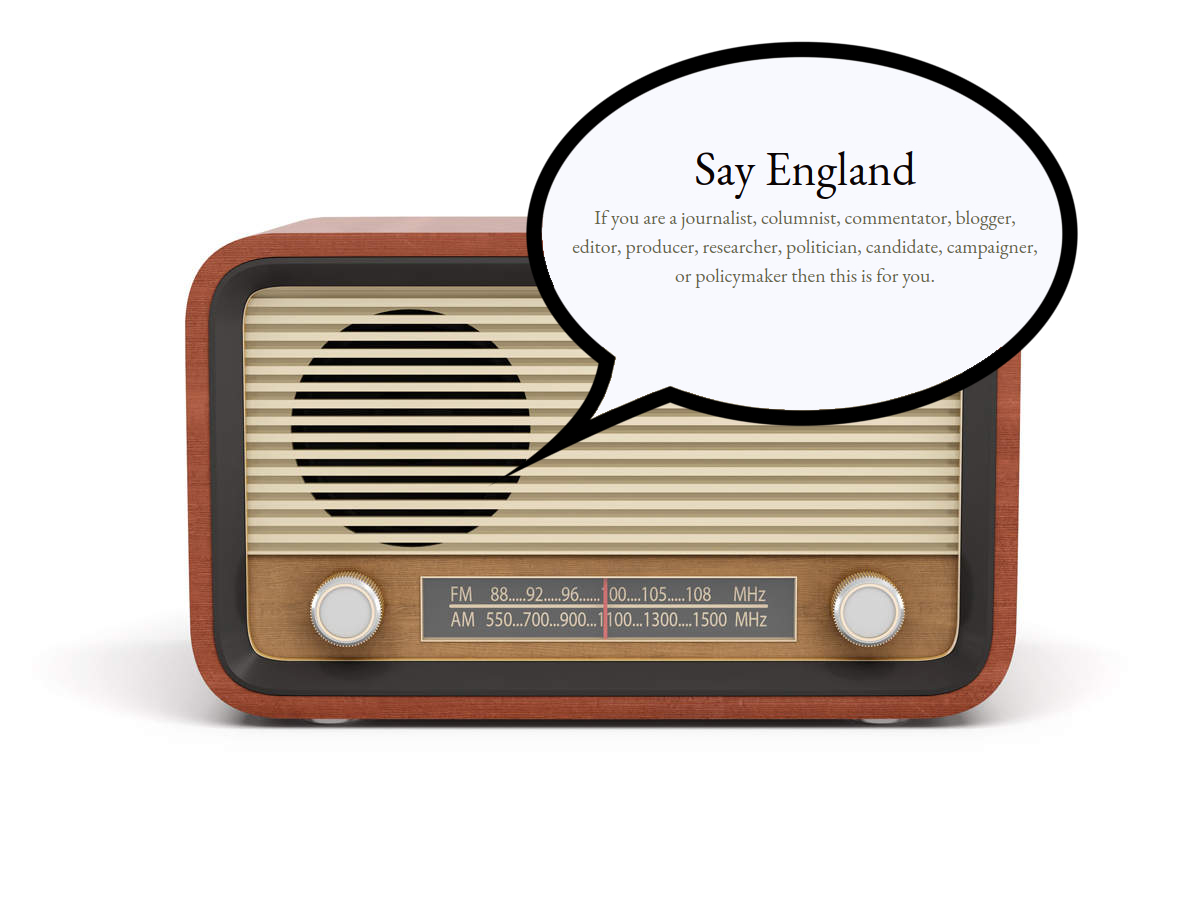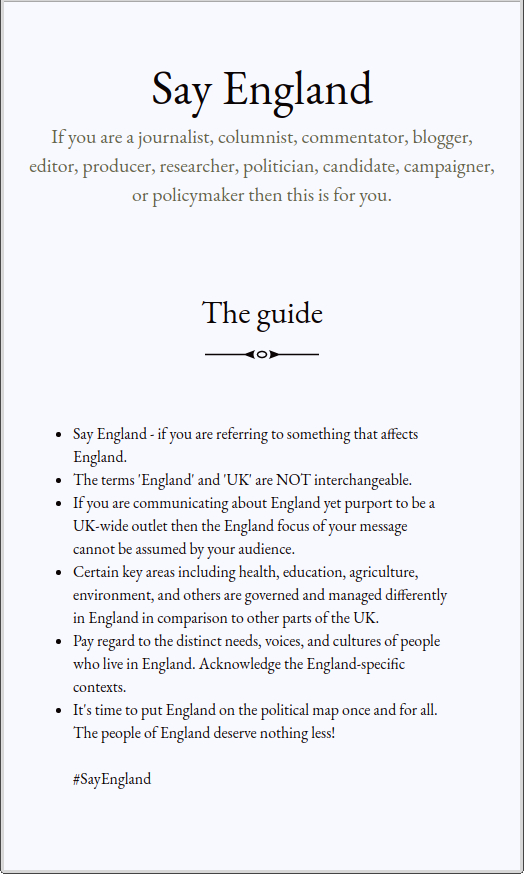
From a Welsh perspective there is a clear problem of inaccuracy when the media in London reports stories about devolved matters.
For example in a story about education or health in England the papers, television or radio incorrectly refer to the United Kingdom or fail to refer to any country whatsoever. Or there is a lack of attention to the vitally important differences in legislation and policy between Scotland, Wales, Northern Ireland, and England.
This of course can lead to confusion, and lack of awareness of where powers are held and who is accountable. Despite the efforts of media who focus on Wales matters there’s a significant percentage of people in Wales who receive this misleading news, typically from London outlets.
The That’s Devolved project consistently highlights examples. There are some instances where the journalists and editors have corrected headlines and stories as a result. From a devolution perspective it works well. Many onlookers have learned more about the powers of the Welsh Parliament, the Scottish Parliament, and Stormont through the efforts of the project.
A while back I was thinking of the journalists’ own perspective. I had some enlightening conversations with experts and friends about this. Can a campaign or resource be created to be used in response to these journalists, and help change attitudes?
The result was a website I created called Say England.
The rationale was to convey the problem from a perspective that most English journalists understand – the English perspective.
It seemed more difficult to persuade them to care about Wales or that ‘devolution’ is worth trying to understand. (The few who do pay attention are very special.)
Currently the website is a single page listing some advice for journalists and others. It can be posted in replies on social media all day long.

It names other roles involved in the media narratives who get this wrong – for many different reasons.
Unfortunately the Say England website is a project that has not been completed or launched. For one thing I am a dad now and there are plenty of other ongoing projects and commitments – this one doesn’t easily fit with the others.
You may see its potential perhaps using the site as a rallying point for shareable content, campaigns, updates on progress, lists of good, bad and ugly, or something else.
I would consider giving the domain name to anyone principled and enthusiastic who wants to take it on, use it, and develop it.
Please let me know in the comments below or by email if you want to take over the project.